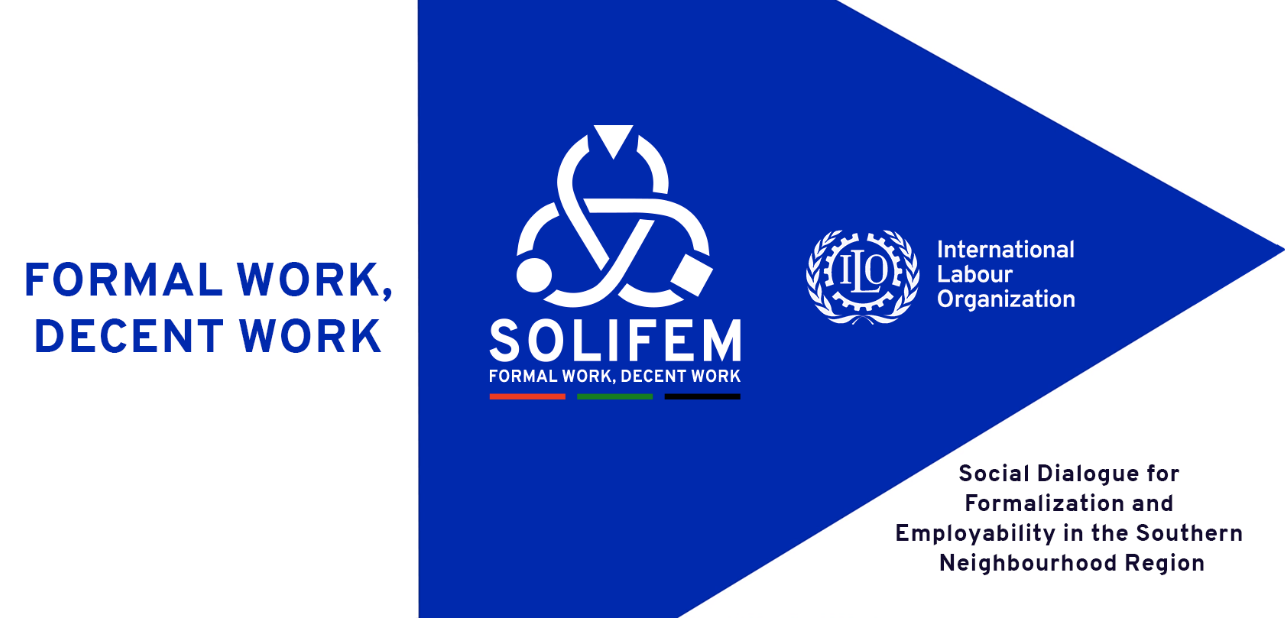The First Regional Meeting of SOLIFEM Project Took Place

The first regional meeting of the SOLIFEM project took place in Algiers on the 28 and 29 of November. Opened by the Minister of Labour, Employment and Social Security, with the presence of the Ambassador and Head of Delegation of the EU to Algeria, it gathered different national, regional and international stakeholders, such as ambassadors and representatives of neighbouring states, government representatives, workers’ and employers’ organisations, and international experts.
This kick-off event was the first one of a series of meetings that will take place in other beneficiary countries. Among the main conclusions drawn at the end of the event, there is the commitment of participant countries’ delegations to the objectives of SOLIFEM project, the agreement that the problem of informal economy needs common and integrated action adapted to the national contexts of beneficiary countries, the recognition that an institutionalized and constructive social dialogue plays a central role, and the necessity to adapt policies and strategies adopted to the needs of small enterprises, also by addressing emerging risks.
SOLIFEM is a regional ILO project funded by the European Commission DG-NEAR that supports the transition from the informal to the formal economy through tripartite social dialogue in countries of the Arab world, with a particular focus on Algeria, Egypt, Lebanon and the Occupied Palestinian Territories (OPT). Project implementation began on March 1, 2021.
The project pursues its central objective through strengthening the capacity of the ILO’s tripartite constituents – governments, employers and workers – to take action, through social dialogue, on two fronts: first, the development of integrated strategies on formalization and second, the development of national training and skills recognition systems, with a particular focus on youth and women in the informal economy.
